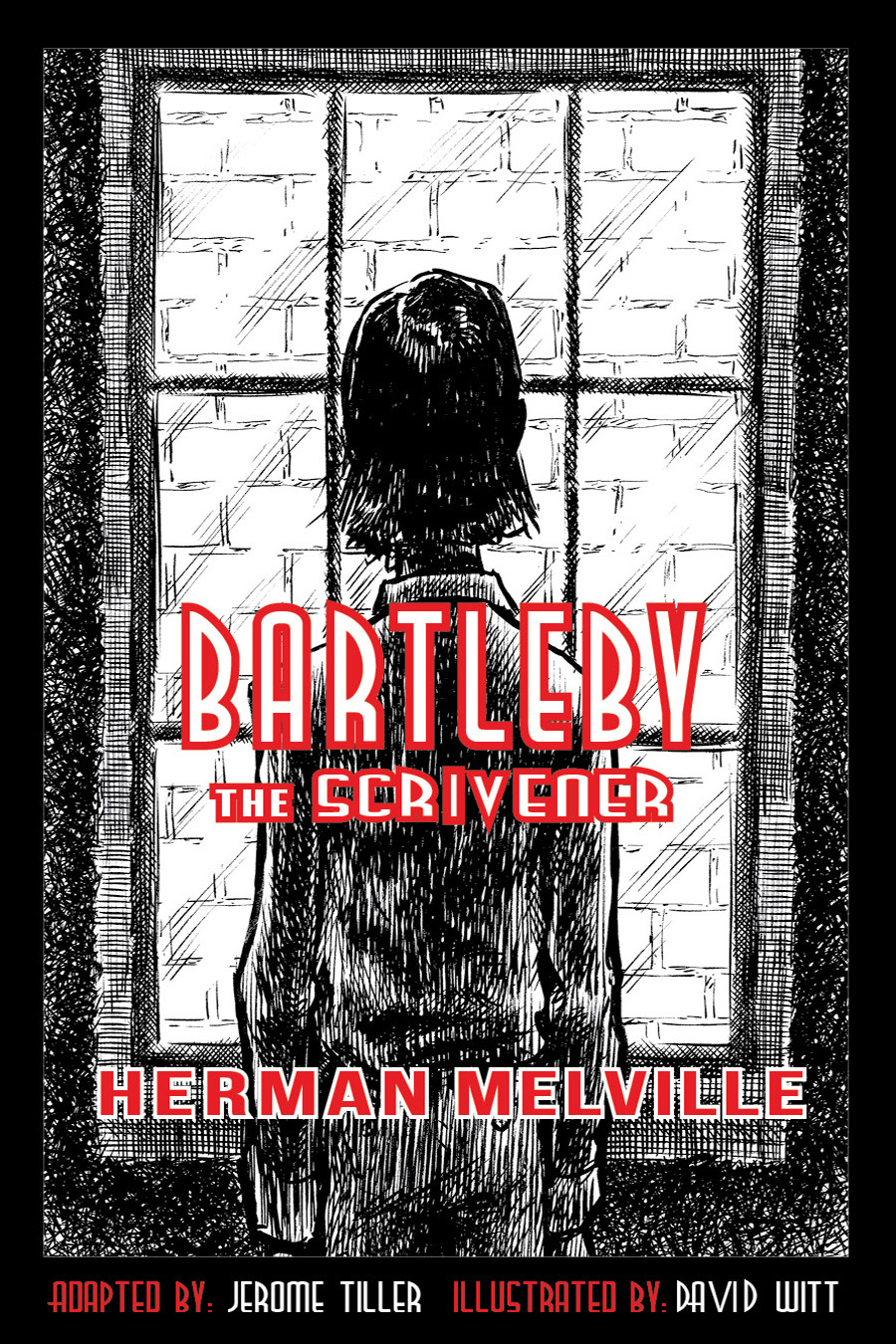Mark Twain Made Mischievous Fun
by Jerome Tiller, in Authors
, humor
, Mark Twain
Mark Twain made mischievous fun as a boy, and he never stopped making such fun. The practical jokes he played in his youth laid a foundation for some of the humor that would make him famous. According to some, all witty geniuses, Mark Twain included, developed their sense of humor after first playing pranks as children. I’m not sure about the truth of this. I would hope it were not so. Still, if it were to be true, anticipating this end result would probably provide some comfort to whomever has to raise a child prankster.
In essence, pranks embody tricks that produce surprise. But physical pranks also play out to the detriment of a victim. A victim hardly ever immediately sees the humor in a prank and can only sometimes see it in retrospect. Victims do not find pranks funny. Egos get bruised when fooled in public. Besides that, a prank doesn’t necessarily amuse whatever additional people might witness it outside of the prankster. Oftentimes witnesses will feel more sympathy for the victim than amusement at the joke. Certainly Twain learned all of this early on, as most people thankfully do.
One type of humor will boldly spring a practical joke on the mind of someone who is expected to laugh. An example (not from Twain) follows: “There is two things in this world for which we are never fully prepared, and them is - twins.” When we hear the words “two things”, we expect them to be listed separately. We laugh at the end of the joke because we were tricked to find the two things combined, and our minds like the trick.
I will expand on Twain’s use of wit and other forms of humor in future posts. Then I will move on from that to contrast his humor with that of Edgar Allan Poe and Nathaniel Hawthorne, funny people not known as humorists. To demonstrate the differences, I will pull examples from our Adapted Classics collection of books whenever I can.
In essence, pranks embody tricks that produce surprise. But physical pranks also play out to the detriment of a victim. A victim hardly ever immediately sees the humor in a prank and can only sometimes see it in retrospect. Victims do not find pranks funny. Egos get bruised when fooled in public. Besides that, a prank doesn’t necessarily amuse whatever additional people might witness it outside of the prankster. Oftentimes witnesses will feel more sympathy for the victim than amusement at the joke. Certainly Twain learned all of this early on, as most people thankfully do.
A Practical Joke on the Mind
Nevertheless, Twain did draw the witty portion of his total humor package from within the prank form. For wit is nothing but a practical joke played upon the mind. Trickery works well in the privacy of the mind because a tricked mind cannot not look foolish outside itself. Remove egos from the equation and the thinking mind actually likes being tricked, fooled, and taken by surprise! Nobody knows whether psychologists have ever accurately decoded why minds engaged in mental action like to be tricked, but all witty people in some way learn the practical truth of it.One type of humor will boldly spring a practical joke on the mind of someone who is expected to laugh. An example (not from Twain) follows: “There is two things in this world for which we are never fully prepared, and them is - twins.” When we hear the words “two things”, we expect them to be listed separately. We laugh at the end of the joke because we were tricked to find the two things combined, and our minds like the trick.
Twain and the Art of Nuance in Humor
All witty humor flows from the trickery source, but almost all witty humorists, especially Twain, mix subtle nuance into the flow. In Twain’s case, he usually mixes in so much nuance, and so subtly, the trickery inherent to the witty form becomes totally disguised. An example of Twain's thoroughly nuanced wit follows: "Let us not be too particular. It is better to have old second-hand diamonds than none at all". The trick here is two-fold. He says whatever kind of diamond you have is better than not having a diamond at all. Well yes, of course. That's true. But when Twain says not to be too particular, he really means there is no such thing as an old second-hand diamond because diamonds do not wear out. Good point - you caught me, Mr. Twain.I will expand on Twain’s use of wit and other forms of humor in future posts. Then I will move on from that to contrast his humor with that of Edgar Allan Poe and Nathaniel Hawthorne, funny people not known as humorists. To demonstrate the differences, I will pull examples from our Adapted Classics collection of books whenever I can.
One last thing before I close. All humorists must assume the minds of their readers or listeners are in a playful spirit. Or at least easily persuadable that way. Nothing seems funny to a mind that is not ready or open to play.

Mark Twain enjoying a stogie


